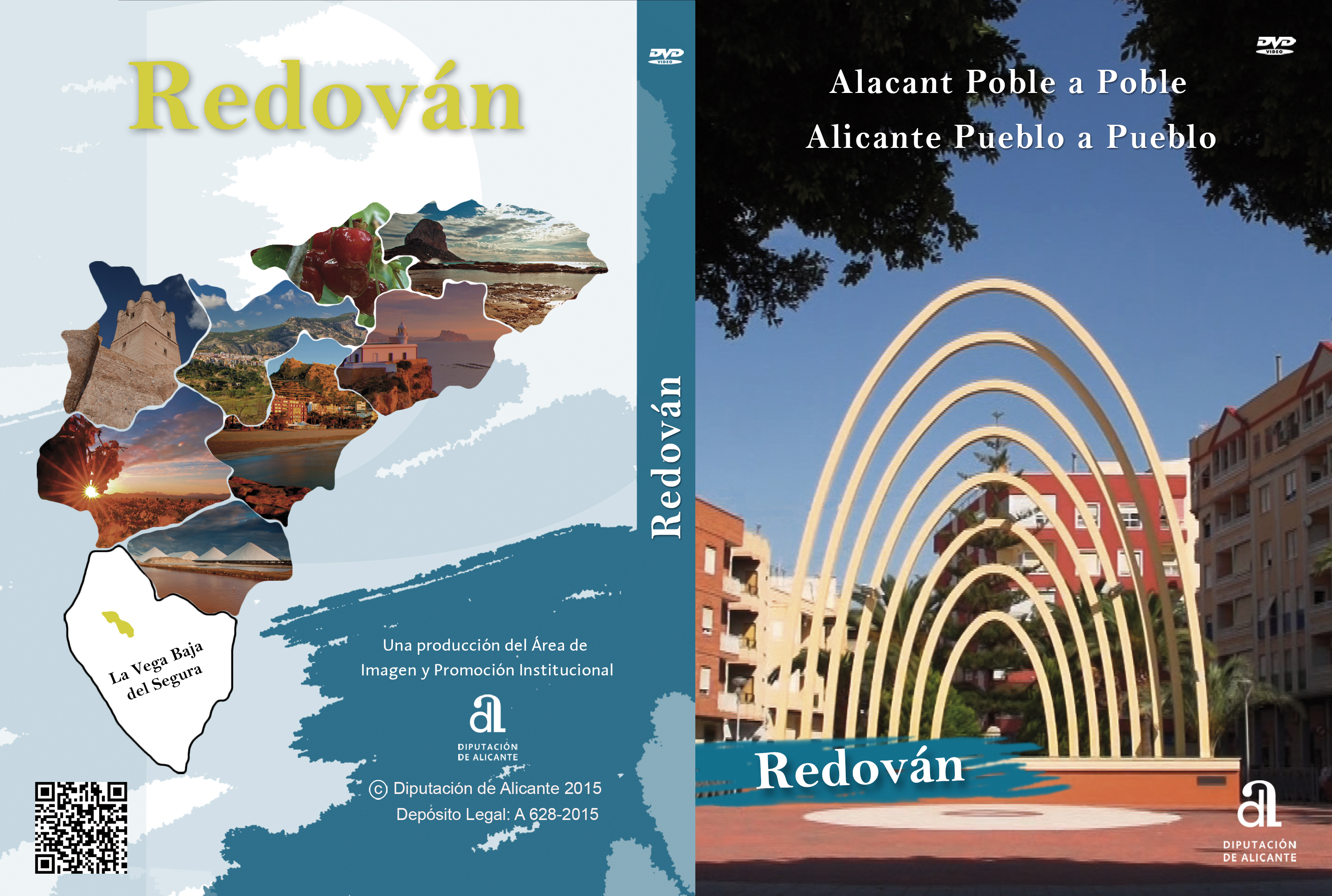The City of Redován will allocate 30,000 euros of the budget of 2018 to projects proposed by the citizenship
The City of Redován has decided to start a process of participation aimed at local citizenship can propose projects to be included in the municipal budget next year. The preparation of the participatory budget was approved in the last municipal plenary session and today has been presented by the councilman of finance and citizen participation, Adrián Ballester, who has been accompanied by the mayor, Emilio Fernández. The initiative will allocate a minimum of 30,000 euros of the municipal budget to the proposals made and voted by the people who are registered in the municipality.
Ballester recalled that municipal budgets are “one of the most important tools available to a local government, where the expenditure and income policies are concentrated with the objective of benefiting citizens through the different areas of action politics”. The mayor explained that although “in the case of Redován the contact of the municipal government with the citizens is continuous and constant as well as the meetings of the councilors of the different departments with representatives of social, cultural, sports, party and Religious, both to know their needs and to distribute the various subsidies, we are willing to hold a consultation period on the municipal budgets of the next year using the digital tools we have available.
The calendar of participatory budgets has four phases, a first one of collection of proposals and supports, that will extend from August 7 to September 22 and in which the people registered in Redován will be able to propose and to support the proposals that they consider opportune. At this stage, citizens will be able to submit all the proposals they want, write comments on the published ones and vote on them, while the platform administrator can accept (publish) or reject those that arrive.
The mayor, Emilio Fernández (i) and the mayor of Hacienda, Adrián Ballester (d) during the press conference.
Citizens will be able to register in the first phase, either through the technological platform or by going to the city hall during opening hours, the initiative they propose for the budget for 2018, as well as the estimated cost to that proposal, which in no case May exceed 30,000 euros. Also, during this period, that is to say from Monday August 7 to September 22, registered users on the web will be able to pre-vote, support and comment on the proposal, without this pre-vote being binding on the final vote that Is performed in the third phase.
The second phase will be the evaluation of the proposals, and will run from September 23 to October 15. In it, the City Hall staff will check if the proposed is technically and economically feasible, and a final presentation will be made. The technicians will estimate the cost, “something that will be shown in phase 3 so that the citizen knows how much it would cost to execute it and if it matches his proposal, thus facilitating the information so that he can vote in a responsible manner,” said the councilman.
In phase 3 (from October 16 to 31), the final vote will be taken on proposals that are technically and legally feasible. “Here you can no longer create proposals or add comments, only vote those that have been viable,” explained Ballester. During this period citizens will be able to vote the proposals, both on the web and going in person to the City Council to physically vote the initiative, to avoid the technological gap and that all citizens have the same equality of opportunity when casting their vote and participate In this process of collective participation.
According to the calendar marked by the City of Radovan, the process is expected to culminate with the fourth phase on November 3 when the proposals are published by order of voting. From there, the process of approval of the municipal budget will continue its usual course until the plenary session, which as the highest municipal representative body should be in charge of giving final approval to the document.
Adrián Ballester added that, if the budget availability allows, the 30,000 euros originally planned for the participatory process “could be increased, taking into account the different and numerous commitments of expenditure that this City has already assumed,” he added.
How to participate
Adrián Ballester has announced the portal through which citizens, as of today, can take part in the preparation of the budget. It can be accessed through the address: https://presupuesto.redovan.es/, in which in addition to making and voting proposals you can be aware of how this participatory procedure is developed that is first implemented in the locality Redondo. “It is about empowering citizens to become an active part of municipal political action and that their proposals can have a benefit for the whole of the citizenry,” concluded Ballester.







